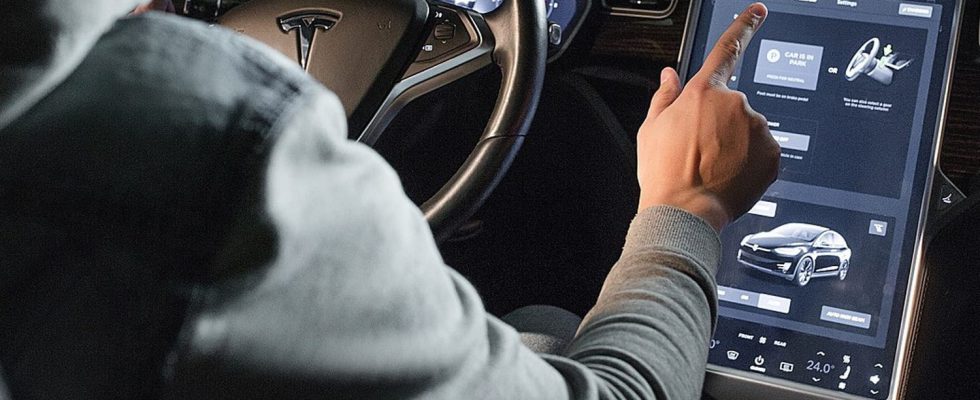Do you feel safe in your vehicle? You are wrong: the Mozilla foundation has looked into the protection of data collected by connected cars. And the result of his investigation is chilling…
Authorities and legislators are closely monitoring the activities of manufacturers of watches, smartphones and connected accessories with regard to their management of their customers’ personal data. However, so far no one seems to have been interested in automobile manufacturers. Mozilla therefore looked into the question and conducted an investigation on no less than twenty-five automobile brands. His conclusion is clear: modern cars are the most privacy-intrusive product category. Automobile industry “has quietly entered the data business by transforming [ses] vehicles into powerful data collection machines, […] machines that have unparalleled power to monitor, listen and gather information about what you do and where you go with your car.”she explains.
“Cars are the worst product we’ve ever tested for protecting personal data”, affirms the Mozilla foundation, which has already studied connected watches, connected speakers and meditation applications. Users are required to give consent, otherwise the car is not fully functional, not to mention they may not know what that entails. And all manufacturers are concerned, because their user data security policies are at best non-existent and opaque, at worst a real “nightmare on wheels”.
Collection of personal data: cars, “a nightmare on wheels”
Vehicles capture information related to the use of the vehicle itself, but also that relating to the car’s connected services and third-party applications, such as navigation software, GPS or streaming music. The automobile also makes it possible to capture data from a smartphone if it is connected or if the user has downloaded the manufacturer’s application. The result: all companies collect far too much data, far more than is actually needed. Some even go so far as to inquire about users’ driving habits and more intimate information, such as those related to their sex lives at Nissan and Kia.
Worse: 84% of these companies share this data, 76% sell it, and 92% of them give their customers no control over its use. This data makes it possible to create particularly detailed files on the latter. In addition, 56% say they can share this information with law enforcement or the Government, thanks to a simple request, without having to go through a court.
Connected cars: data shared and sold
Mozilla made a ranking not from the best company to the worst, but “from worst to worst for the protection of your privacy”. Renault and Dacia, without being perfect, are those who are doing the least badly, even if the minimum security standards in terms of information protection are not respected. They are the only ones to give their customers the right to delete their personal data. HAS Conversely, seventeen other companies have a history of security breaches and privacy violations.
Among the worst performers, unsurprisingly, Tesla is in first place, shortly preceded by Nissan, Hyundai, Cadillac, GMC, Buick, Chevrolet, Kia, Acura, Honda, Mercedes-Benz, Audi, Ford, Lexus, Toyota and Volkswagen. Nissan is able to use this private data to develop customer profiles describing driver preferences, characteristics, psychological tendencies, predispositions, behaviors, attitudes, intelligence, abilities and skills, as well as driver’s license number, ethnicity, religious or philosophical beliefs, sexual orientation, health and genetic data…
Tesla: the worst student, by far!
In contrast, Tesla is the only firm to check the boxes of data collection and use, data monitoring and recording, security concerns and artificial intelligence. Yet, “the protection of your personal data is and will always be one of our priorities”, Tesla reminds its customers! However, it makes sense with the numerous on-board cameras which serve as driving aids by filming the activity around the vehicles in real time – the most recent models are even equipped with interior cameras. Tesla employees have even admitted to circulating videos within the company, including intimate ones, from the brand’s vehicle cameras, without the knowledge of their customers (see our article).
Among car manufacturers, consumer choice is ultimately quite limited, as all the cars studied scored poorly for privacy. So today there are few options available to them to protect their privacy.

